I czemu nie ma Jasia Kapeli?
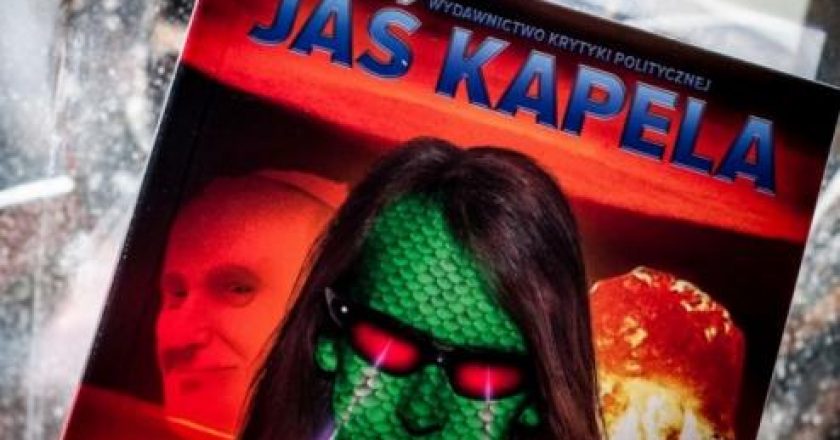

I czemu nie ma Jasia Kapeli?

Steven Zultansky „Interes”, Stefan Chwin „Srebrzysko”, Wojciech Engelking „Lekcje anatomii doktora D.”, Wojciech Chmielarz „Osiedle marzeń”
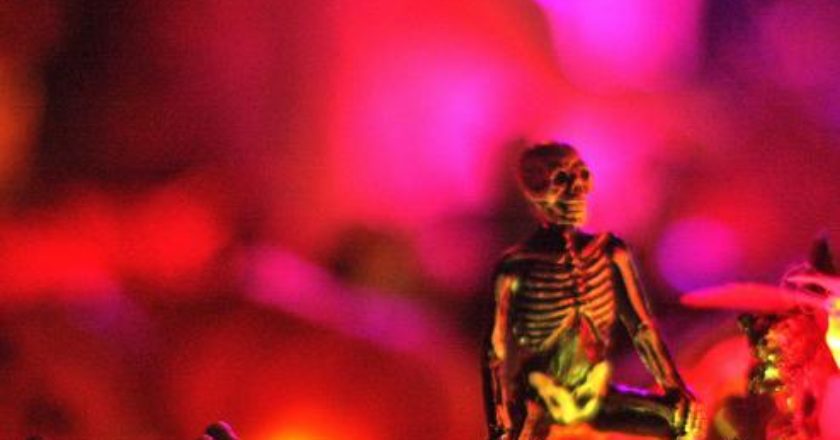
Maryla Szymiczkowa, „Rozdarta zasłona”, A.M. Hurley, „Pustki”, Frode Granhuse, „Sztorm”, Anna Fryczkowska, „Sześć kobiet w śniegu (nie licząc suki)”.

W rolach głównych: David Foster Wallace, Mario Vargas Llosa, Amanda Michalopoulou, Henning Mankell.

Szczepan Twardoch „Król”, Elżbieta Cherezińska „Królowa”, Rose Tremain „Lato zimą”
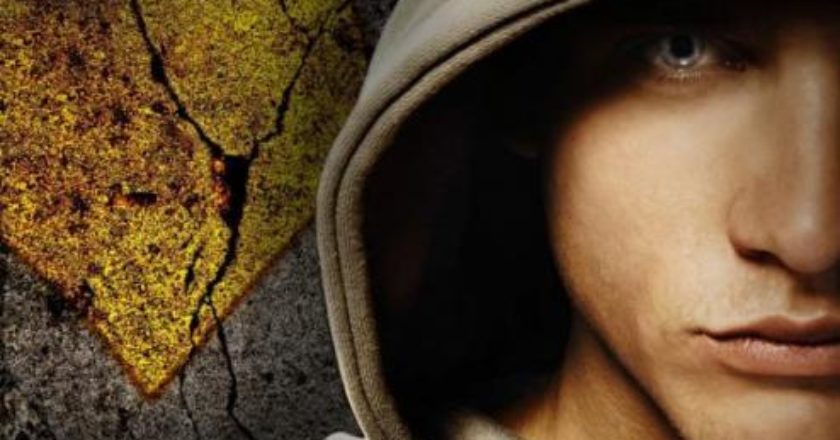
Książki pisane dla nastoletnich chłopców przez męskiego autora to rzadki ptak. „Klucze” i „Nagroda pocieszenia” Adama Langa.
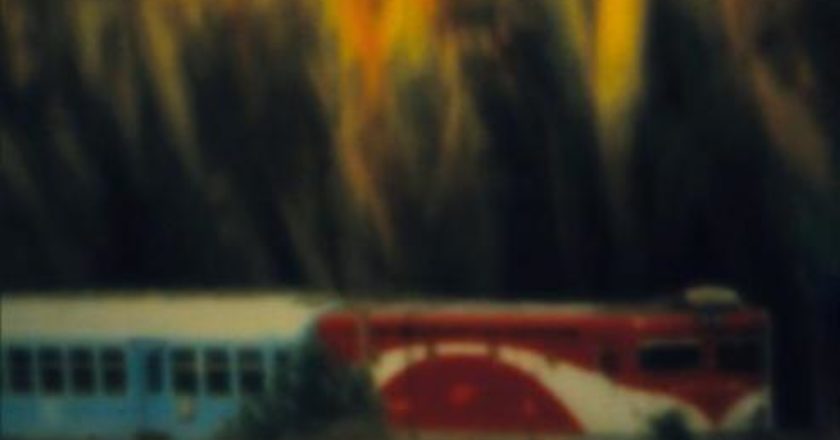
Richard Flanagan „Księga ryb Williama Goulda”, Aleksandra Zielińska „Bura i szał”, Małgorzata Czyńska „Kobiety Witkacego”, Herta Müller, „Moją ojczyzną była pestka jabłka”
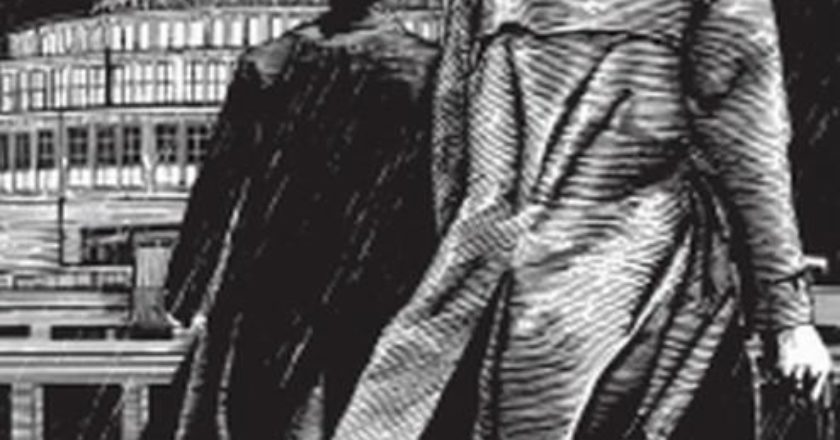
Przemysław Czapliński, „Poruszona mapa”, Marek Krajewski, „Mock”

Chigozie Obioma „Rybacy”, Scholastique Mukasonga „Maria Panna Nilu”, Grażyna Plebanek „Pani Furia”, Zygmunt Bauman „Obcy u naszych drzwi”
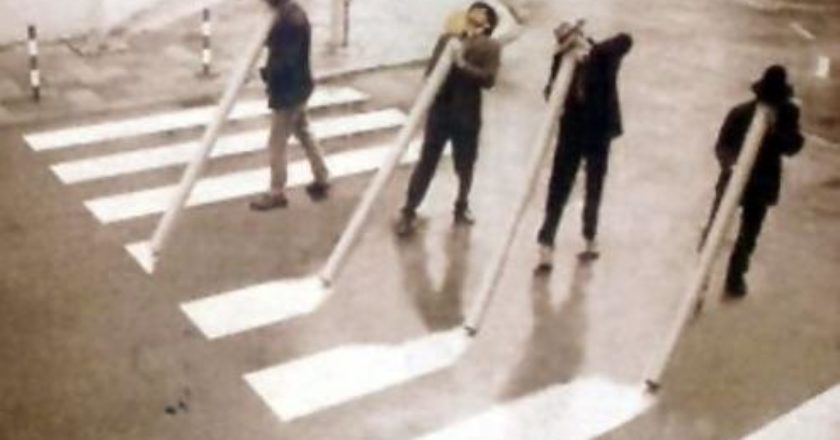
Krisztina Tóth „Linie kodu kreskowego”, Karl Ove Knausgård „Moja walka”, Gellert Tamas „Mężczyzna z laserem”, James Schuyler „Co na kolację”.
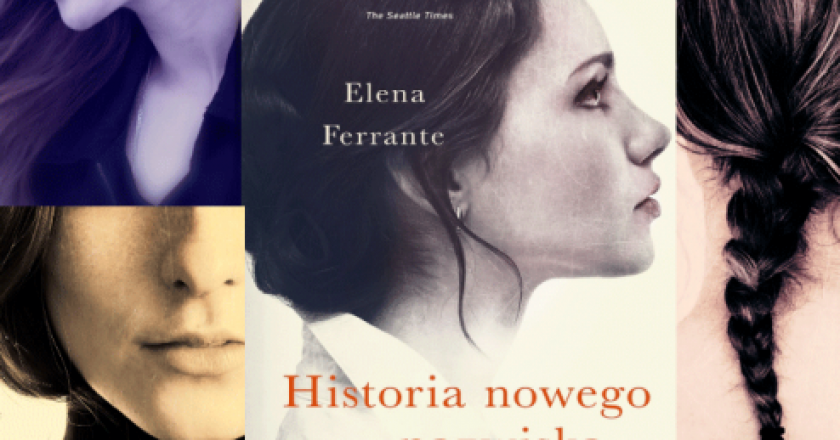
Elena Ferrante, „Genialna przyjaciółka”, „Historia nowego nazwiska”, „Historia zaginionej dziewczynki”, „Historia ucieczki”.
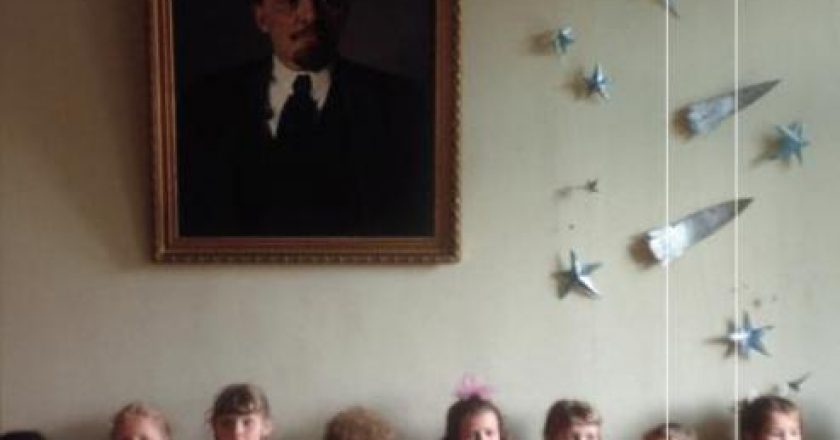
Włodzimierz Nowak, „Niemiec”, Yaa Gyasi, „Droga do domu”, Swietłana Aleksijewicz, „Czasy secondhand”, Zygmunt Miłoszewski,” Ziarno prawdy”.